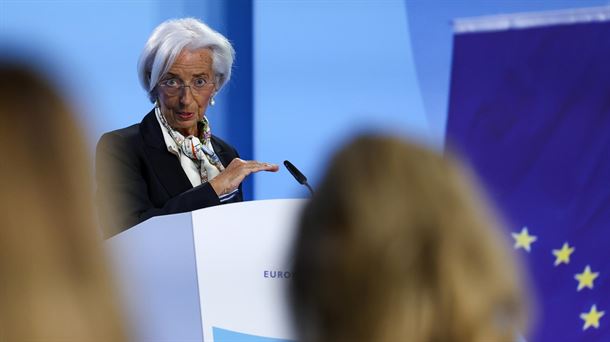A week before the expiry of the agreement on Ukrainian grain exports, there are no signs of contract renewal, which is important for global food prices. Talks with United Nations representatives in Geneva were helpful, but the question of an extension is still open, Russian news agency TASS quoted Deputy Foreign Minister Sergey Vershinin as saying on Saturday.
Vershinin called for Russia’s state-owned Rosselkhoz Bank to be released from Western sanctions and reconnected to the Swift international payment system. There can be no progress before then.
According to the UN, 10 million tons of grain and other foodstuffs have been exported since the entry into force of the grain agreement in July. As a result, the global food crisis was tempered by skyrocketing prices. The agreement, brokered by the United Nations and Turkey and limited to Nov. 19, allows grain carriers to pass through the Black Sea, which is controlled by the Russian navy.
Vershinin said payments for international Russian grain exports cannot be processed until Rosselkhoz Bank is part of Swift again. Like Ukraine, Russia is also a leading international grain producer.
Agreement on supplies of Russian fertilizer
Earlier there was already an agreement about Russian fertilizer shipments that were stuck on cargo ships in the Netherlands, Estonia and Belgium as a result of Western sanctions. According to the Russian news agency TASS, they are being delivered to Africa. According to the head of fertilizer producer Uralchem-Uralkali, Dmitry Konyayev, the group is working with the UN to organize free shipments to Africa of more than 262,000 tons of fertilizer locked up in EU countries.
Russian company is not allowed to earn anything from the supply of fertilizer
The Netherlands announced on Friday that, at the request of the UN, it would allow the shipment to Southeast African Malawi of 20,000 tonnes of Russian fertilizer held in the port of Rotterdam due to sanctions against an unnamed Russian. The condition of the agreement is that the sanctioned person and the Russian company do not earn anything from the transaction. TASS quoted Konyaev as saying deals had been struck to export fertilizer stranded at ports in the Netherlands, Belgium and Estonia. However, he did not mention the quantities from the individual countries or the African destinations.
According to UN officials, the first shipment of free fertilizers will go to Malawi next week in this way. Western sanctions due to the war in Ukraine do not directly block Russian exports of grain and fertilizer. However, the Moscow leadership complains that exports are being disrupted as the sanctions affect access to finance, insurance and ports.
Source: Krone
I’m Wayne Wickman, a professional journalist and author for Today Times Live. My specialty is covering global news and current events, offering readers a unique perspective on the world’s most pressing issues. I’m passionate about storytelling and helping people stay informed on the goings-on of our planet.



